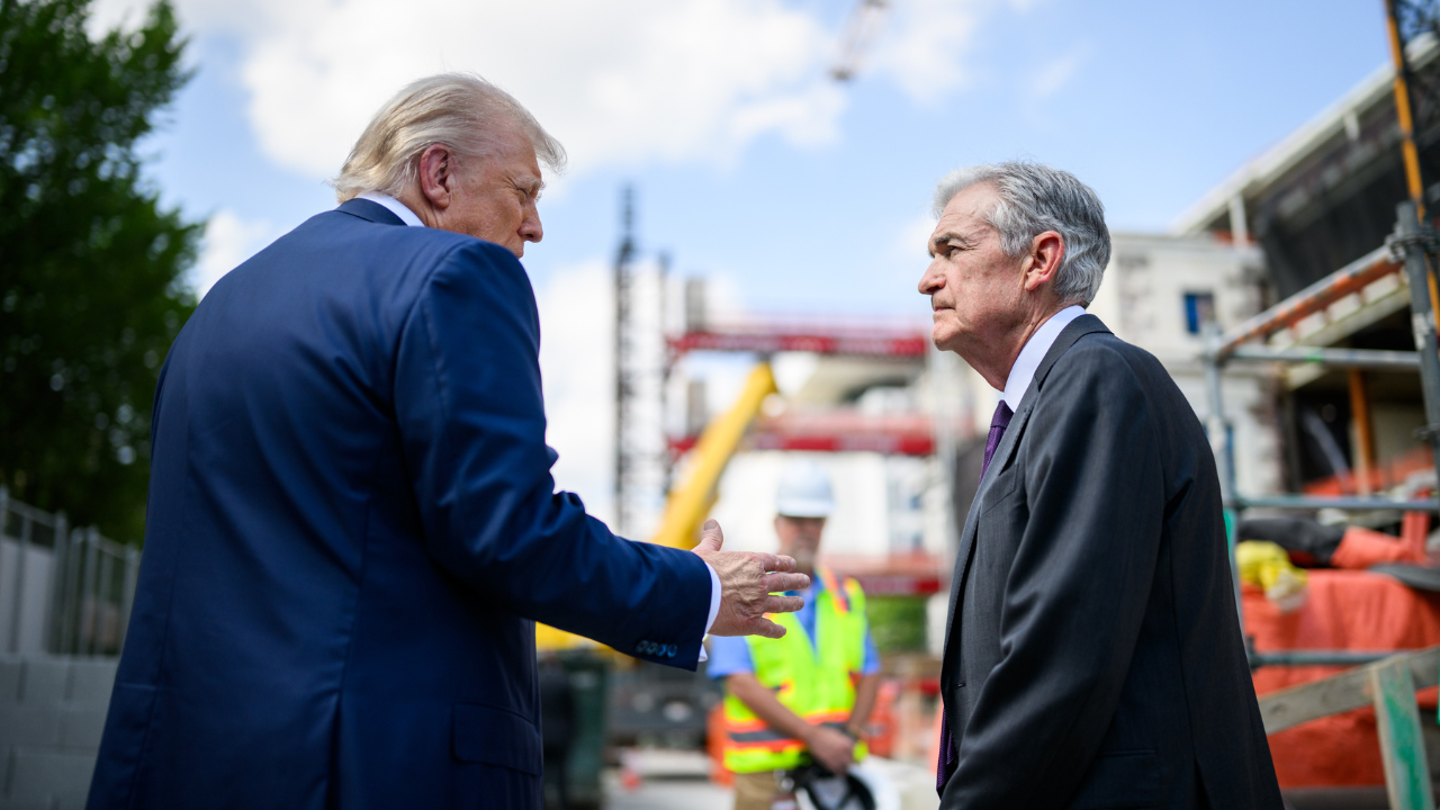European companies operating in China are facing growing difficulties due to a sluggish domestic economy and increasingly complex government regulations, according to a recent survey by the European Chamber of Commerce in China.
The report, released in May 2025, reflects a continued decline in business confidence and investment intentions among European firms in the country.
The survey, which gathered responses from over 500 companies ranging from major automakers like Volkswagen to small supply chain participants, revealed that nearly 73% of respondents found it harder to do business in China compared to previous years. This marks the fourth consecutive year of declining sentiment. Moreover, only 38% of companies plan to expand their operations in China this year—a record low.
Several factors contribute to this challenging environment. China’s prolonged economic slowdown, exacerbated by a real estate crisis and weak consumer spending, topped the list of concerns. Businesses also cited geopolitical tensions, particularly with the United States, and rising regulatory barriers as significant hurdles. European pharmaceutical firms, for instance, have reported difficulties accessing China’s largely state-controlled healthcare system, while automakers are losing market share amid political sensitivities.
Despite these challenges, many European companies continue to rely heavily on Chinese suppliers. The competitive pricing and quality of Chinese components, along with a weaker yuan relative to the euro, have made sourcing from China economically attractive. Jens Eskelund, president of the European Chamber, noted that China remains the only place where some companies can acquire components at prices and quality unmatched elsewhere, reinforcing the necessity of maintaining supply chain ties.
However, the survey also highlighted a degree of complexity in global trade strategies. Some European companies have established assembly operations outside China, in places such as Taiwan, to navigate around US tariffs on Chinese goods. This reflects broader efforts to adapt to the shifting trade landscape shaped by rising protectionism and tariffs imposed by both the US and the EU on Chinese exports.
The business climate is further complicated by uneven regulatory enforcement and market access issues. About 63% of respondents reported missing business opportunities due to restrictions, and 44% expect regulatory hurdles to increase over the next five years. Medical device companies and other sectors have raised concerns about discrimination favoring domestic Chinese firms.
On a more positive note, concerns about rising labor costs have diminished, as wage growth in China has slowed or even declined amid the economic downturn. This has contributed to deflationary pressures but also reduced some cost burdens for foreign firms.
With input from the New York Times, the Associated Press, CNBC, Bloomberg, and the Financial Times.










The latest news in your social feeds
Subscribe to our social media platforms to stay tuned